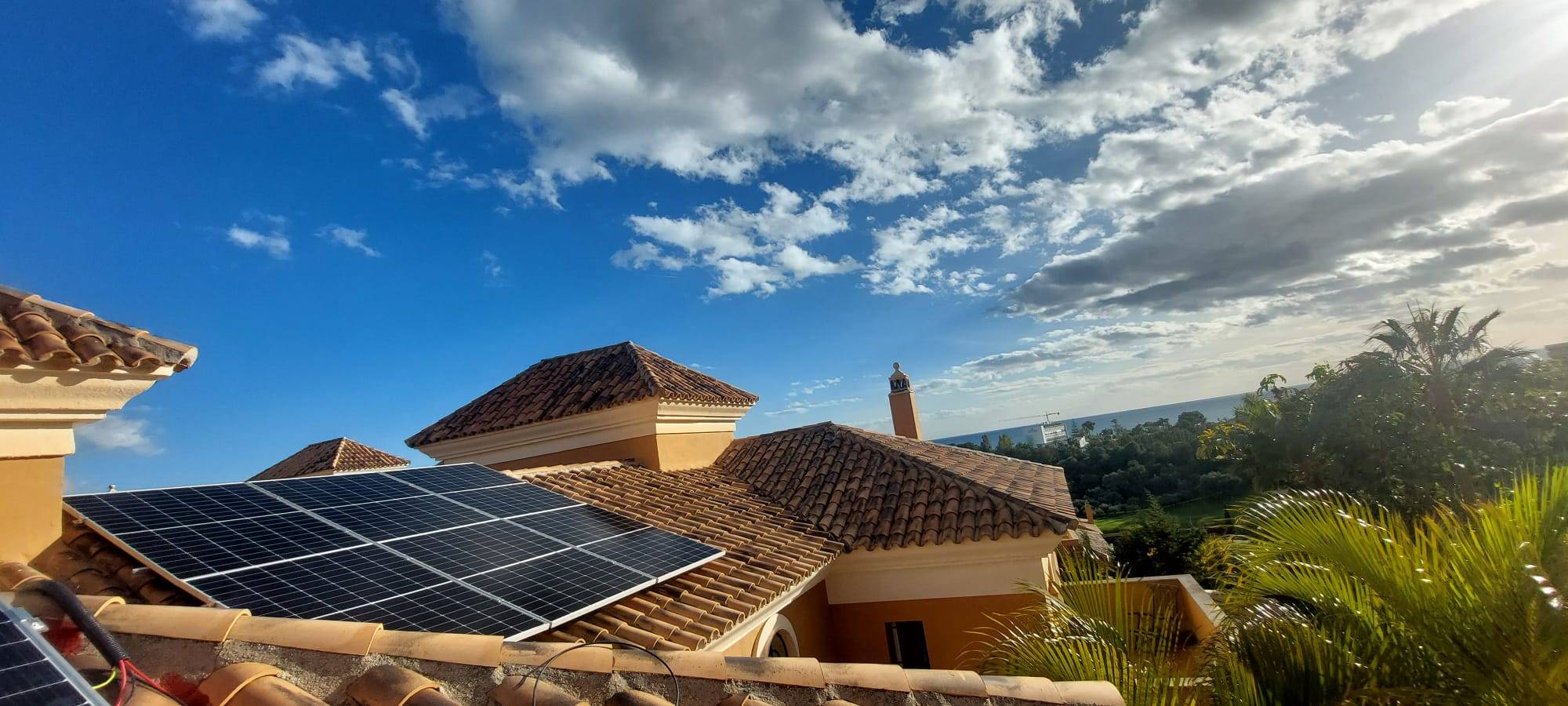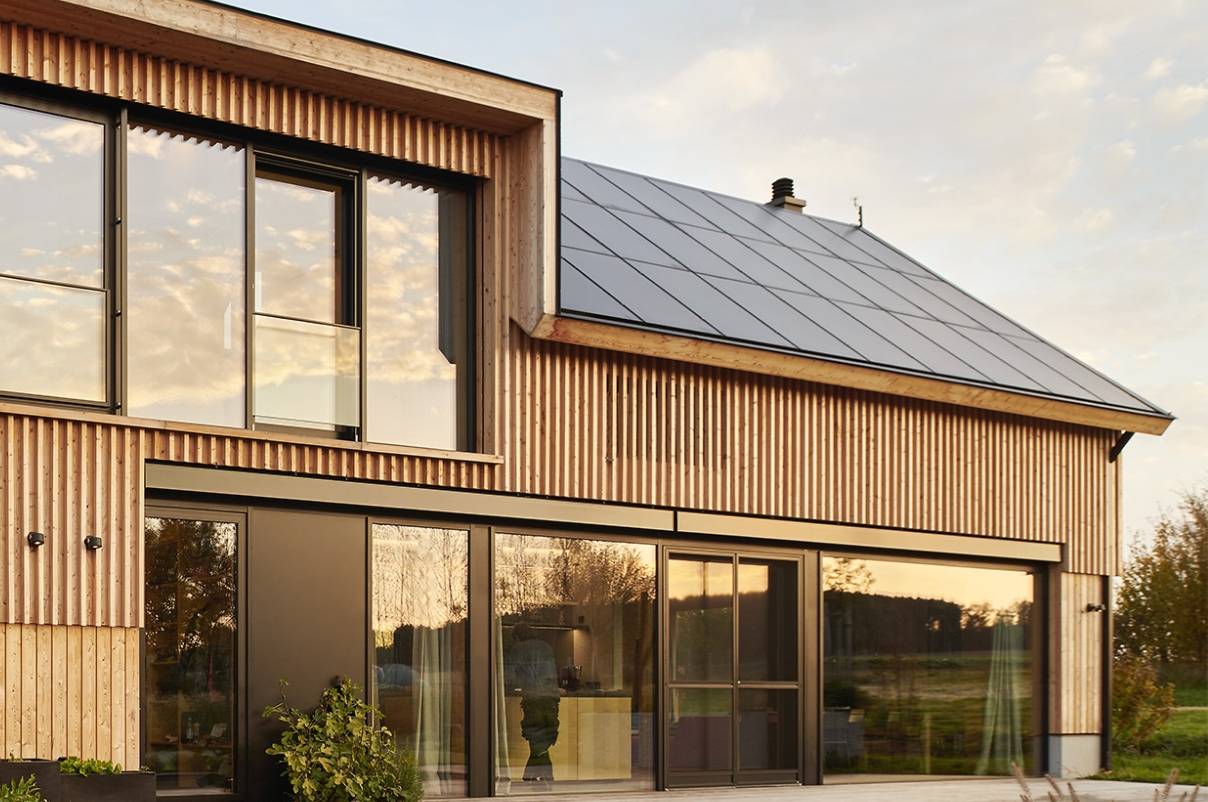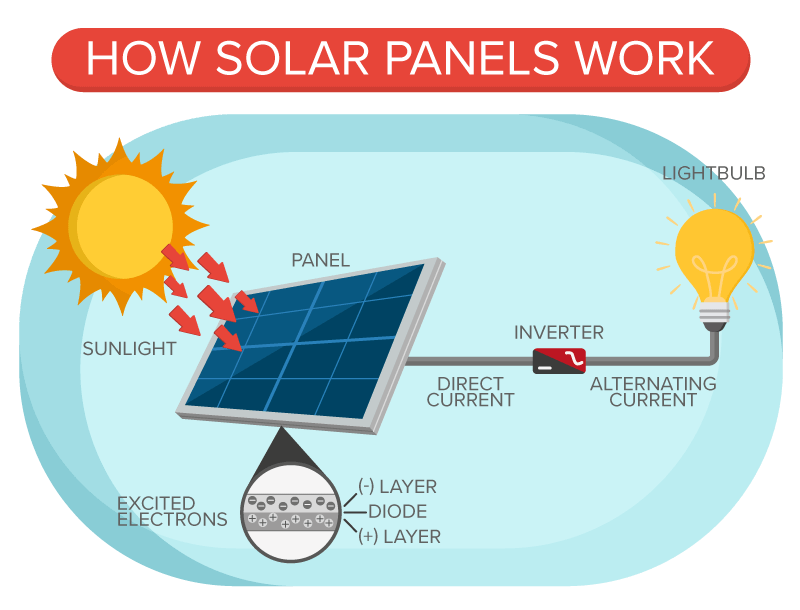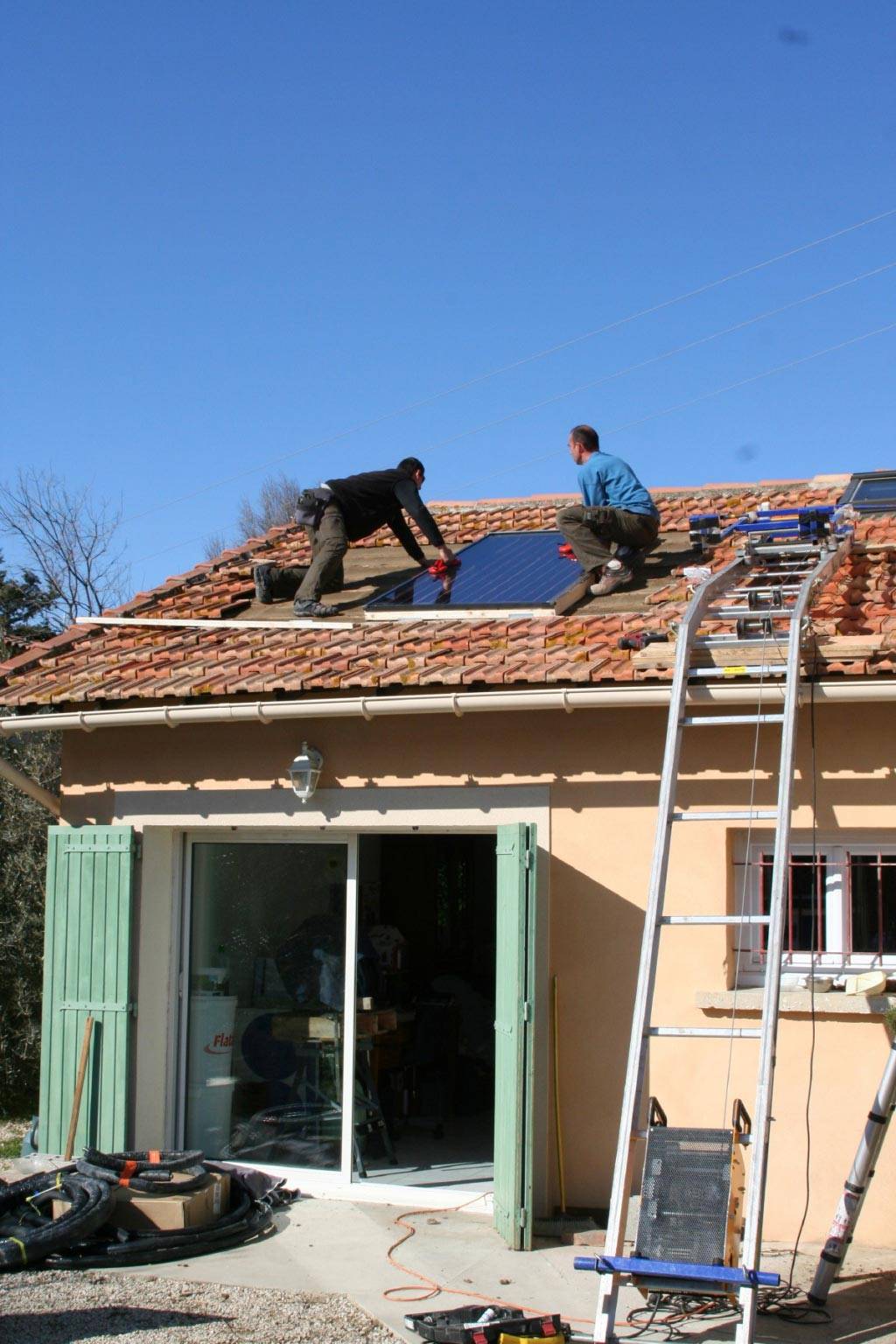Solar power is growing in Spain, as the national climate plan means it will soon be ‘lights off’ for nuclear and coal power. By 2025, as coal power plants phase out, and by 2035 as nuclear plants also phase out, we expect to increase wind power to meet demand.
The economic factor of this resource, which in the past had a higher cost due to the tools necessary to set up PV panels and batteries, is being further reduced through developments and innovations in technology. It, along with the revised regulatory framework and government grants, means it is becoming more common to find large fields of photovoltaic panels. Solar energy is a free resource that can be used in this way. Currently, to encourage solar energy development, specific budget concepts are detailed in “Next Generation Plans” and that is driving the European Union towards recovery.
As a result, the exponential growth in private homes and commercial venues of solar energy is also becoming more visible. The installation of solar panels due to their low cost is evidence of the development of this energy in our country. At Eco Sun Power, our enquiries are up more than ever in 2023 with 2024 already with a very healthy and full agenda going forwards.
Current Renewable Projects:
Currently, Spain has approved 60 gigawatts (GW) of large-scale renewable projects. UNEF, the Spanish solar power association, is now urging the country to revise its energy strategy to accommodate an additional 65 GW of photovoltaic (PV) capacity installation by 2030.
Spain is particularly well-positioned to dominate Europe’s solar power industry. At the same time, however, the phasing out of nuclear power, if done too soon and at a moment when the renewables market is not yet ready, could cause a significant increase in natural gas demand.
“While, for example, in Northern Europe, the average production time for a photovoltaic plant is 950 hours, in Spain, a photovoltaic plant is active between 1,900 and 2,000 hours. We can then add to this the economy of scale effect, with so much territory to build large plants, while in Northern Europe there is not as much,” said José Donoso, Director at UNEF.
There is, however, a potential downside to growth in the sector: Solar power producers in Spain may soon face prices lower than €20 per megawatt-hour (MWh) by 2030 if renewable energy use keeps growing. Solar power would be unprofitable as a commercial venture.
Nuclear Energy: Past and Present
Spain currently has five nuclear power plants in active operation in regions across the country. These plants generate around 20% of the country’s power, behind wind power. The oldest nuclear power plant in Spain was shut down in 2006, and another was decommissioned in 2012.
Most of Spain’s nuclear installations were built in the 1950s and 1960s, during Francisco Franco’s dictatorship. This was when public works expansion was accelerated to reduce stagnation and poverty. A large and vocal anti-nuclear movement developed in Spain around the dictatorship in the early 1970s.
The advantages of solar energy are extensive
After analysing the current situation of solar energy power in our country, several conclusions can be drawn. It is a resource that is readily available for a low price and performs well in our country due to our spectacular climate. Taking advantage of all the daylight hours available in our country is a valuable and significant resource for transforming a renewable source into electrical energy.
The costs of producing this energy decrease daily. Spain’s solar energy potential is also enhanced by taking advantage of more light to produce more energy.
Ecosun Power’s Sustainability Commitment
Eco Sun Power is dedicated to sustainability across all aspects of its operations. We strive to minimize environmental impact while delivering high-quality energy solutions. Eco Sun Power prioritizes environmentally friendly materials and processes in solar panel manufacturing at its Sonnenkraft State of the Art factory in Austria. This includes the selection of materials with minimal ecological impact and energy-efficient manufacturing practices. The company is actively involved in end-of-life recycling programs for solar panels. Eco Sun Power along with Sonnenkraft promote responsible disposal practices, ensuring decommissioned solar panels are recycled and valuable raw materials are recovered for reuse. Collaborations with recycling partners further reinforce the company’s commitment to sustainable waste management.
Eco Sun Power’s solar panels are energy efficient. Through continuous research and development with a huge team in Austria, Sonnenkraft ensure that its products utilize advanced technologies to maximize energy capture and conversion, increasing its sustainability. Eco Sun Power values transparent communication about its sustainability practices. The company provides clear information about the manufacturing processes, environmental impact assessments, and efforts to reduce its carbon footprint. Transparent reporting allows customers and stakeholders to make informed choices aligned with sustainability goals. Beyond its product offerings, Eco Sun Power actively engages with the community to raise awareness about solar energy and sustainability. Educational initiatives, workshops, and community partnerships are integral to the company’s commitment to spreading knowledge about clean energy and its benefits. One such event will be coming up soon in 2024 at the BOHO club in Marbella.






